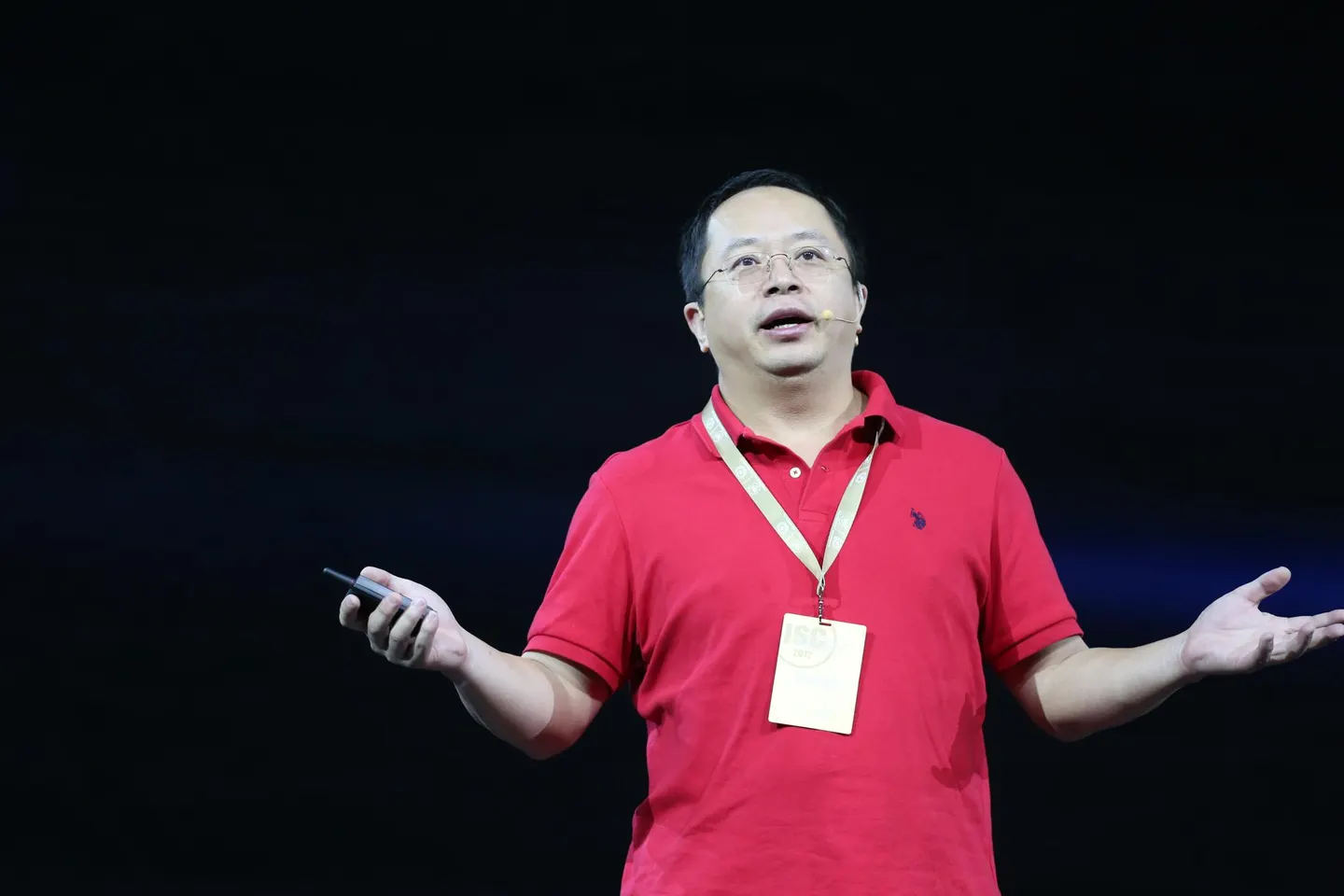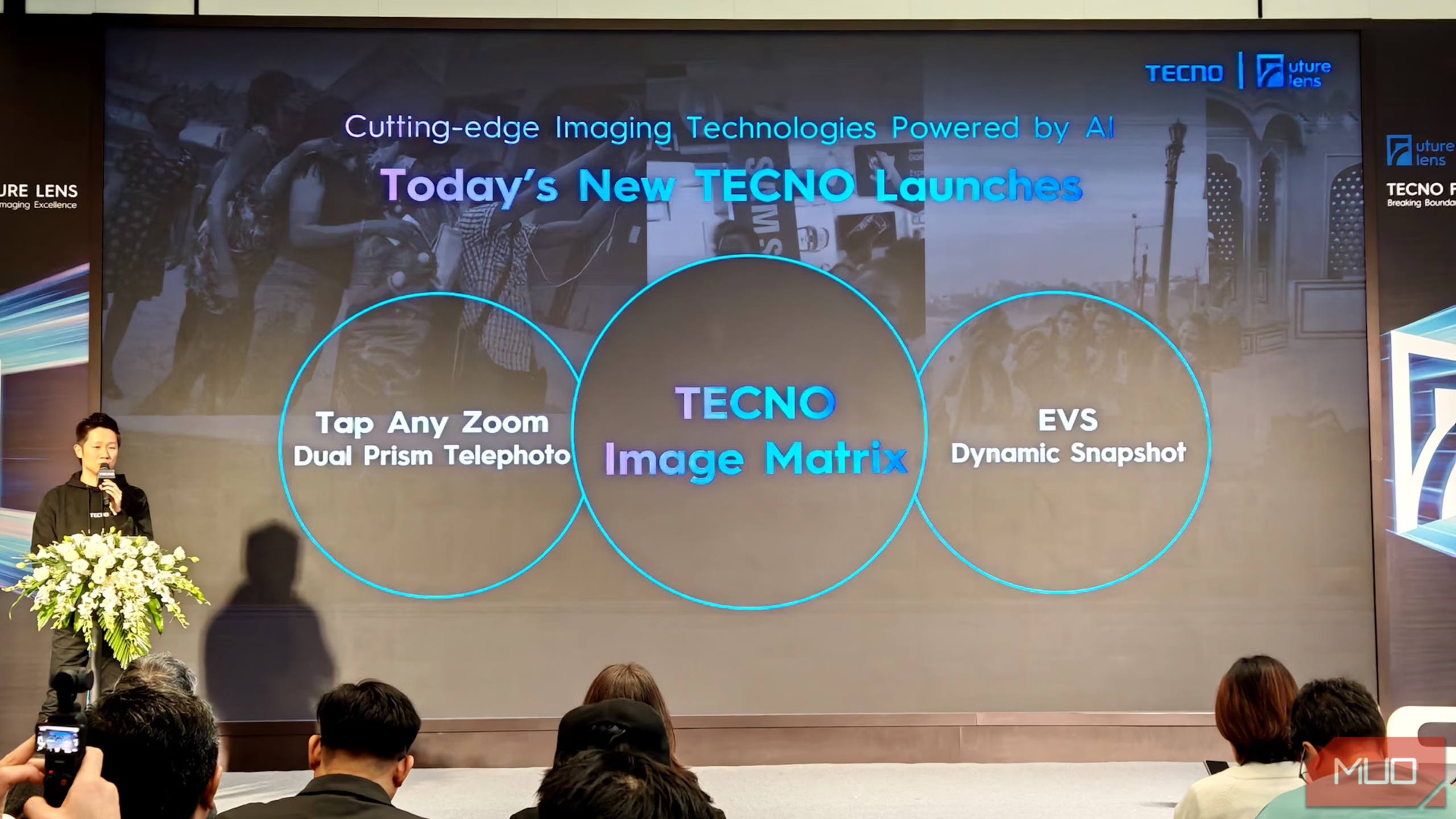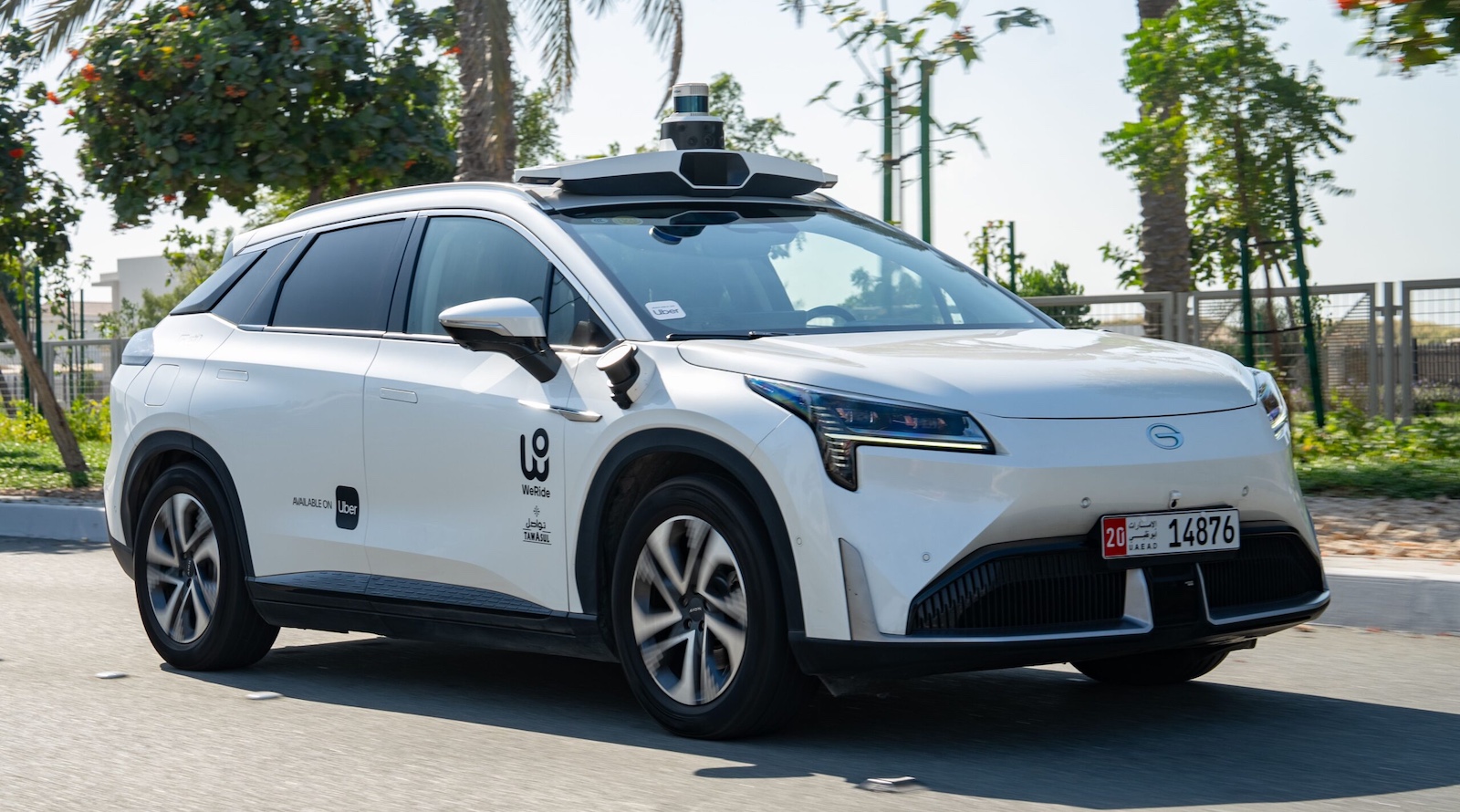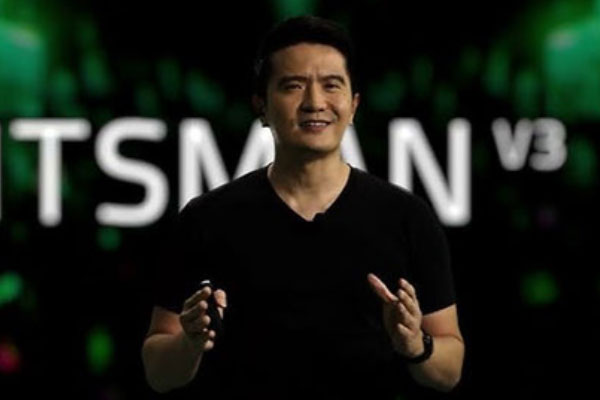LEXI Voice debuts in Asia, transforming real-time multilingual broadcasting
AI-Media, a global leader in AI-powered captioning and accessibility tools, has unveiled its latest innovation—LEXI Voice—at KOBA 2025 in Seoul and Broadcast Asia 2025 in Singapore. This breakthrough solution delivers real-time multilingual translation without the need for human interpreters. The debut of LEXI Voice in Asia marks a major leap forward for live media accessibility, corporate communication, and international broadcasting across the region.
Background: AI-Media’s mission to scale inclusion
Headquartered in Australia, AI-Media has earned global recognition for its AI-driven captioning products. Its flagship solution, LEXI, is widely used in education, broadcasting, and business communication.
Now, with LEXI Voice, the company is expanding its offering. The new tool provides instant speech translation in over 30 languages, all delivered with low latency and high accuracy. This expansion reflects AI-Media’s strategy to meet Asia’s growing demand for automated, scalable translation tools in an increasingly global and multilingual media landscape.
Market impact: Boosting multilingual engagement in Asia-Pacific
The launch of LEXI Voice comes at a time when real-time language translation is becoming essential in Asia-Pacific’s media environment. Broadcasters, government agencies, and content creators now seek efficient, cost-effective ways to reach diverse, multilingual audiences.
LEXI Voice offers several key benefits:
Up to 60% reduction in manual translation workloads, based on early tests
Easy integration with current live-streaming and broadcast systems
Applicability across corporate webinars, e-learning platforms, and newsrooms
In South Korea, local TV stations are exploring the technology to expand global viewership. Meanwhile, in Singapore, major broadcasters are piloting LEXI Voice for business events and multilingual public briefings. These use cases not only unlock new revenue streams but also help meet growing demands for digital accessibility.
Editorial insight: Accessibility, inclusion, and smarter workflows
The rise of LEXI Voice is about more than just efficiency—it’s about equity and reach. In a linguistically diverse region like Asia, real-time AI translation empowers broader participation across sectors, from virtual classrooms to live news coverage.
Importantly, AI translation doesn’t replace human language professionals. Instead, it supports them by handling basic translation, while human editors refine for context, tone, and cultural nuance. This blended approach represents the future of content creation—human creativity enhanced by technology, not replaced by it.
Future outlook: AI translation as a new broadcast standard
Looking forward, AI-Media aims to deepen its regional footprint through:
Seamless integration with OTT streaming platforms
Enhanced support for corporate training and digital learning ecosystems
Collaborations with national broadcasters in multilingual countries
As real-time AI translation becomes a standard feature for live media and corporate communication, LEXI Voice is set to become a foundational tool for accessibility and reach. In a region where cross-border content consumption is rapidly increasing, LEXI Voice could soon serve as the infrastructure backbone for inclusive digital broadcasting.















